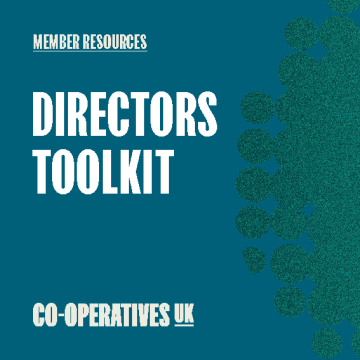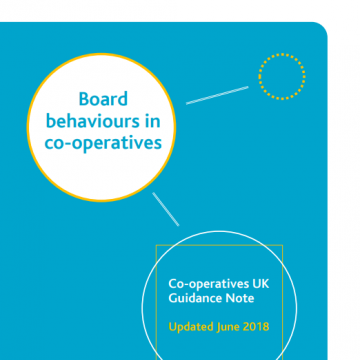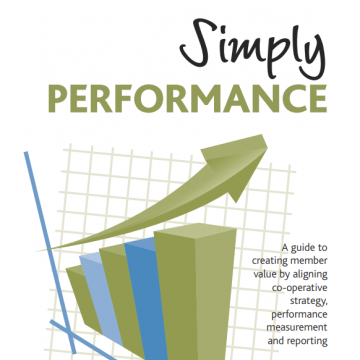Roles and performance

A co-op's members adopt various roles in order for the business to operate successfully. This page is a guide to their duties and responsibilities.
A co-operative is driven by its members, by the people who own and control it. Those members take up various positions in the co-operative and have, either individually or collectively, a range of governance responsibilities.
Compliance
Like any other business, co-operatives operate in a complex commercial setting. To trade successfully, co-operatives should have a compliance strategy in place that keeps pace with new and existing legislation and member and other stakeholder expectations. This strategy will enable co-operatives to understand how they comply with governance and regulatory requirements, such as various co-operative codes of good governance, and specific legislation such as the UK Bribery Act.
Reporting
The amount and scale to which co-operative must report on their business activities does vary depending on size, scale and business sector. For a co-operative to comply with relevant legislation and remain accountable to its members and wider stakeholders, it is important that any corporate reporting is timely, transparent and precise. It is also important to understand basic reporting requirements through annual reporting as well as keeping up to date on different and new methods of reporting.
Roles and duties
The people involved in steering the governance of the co-operative are required to take on different roles and wear different hats. The people who take on these roles must be fully informed about their duties and responsibilities in order to carry them out effectively. Co-operatives should support and develop people who take on these roles, recognise when improvements may be required and take action to ensure the appropriate people are carrying out their roles effectively.
Delegation and limitations
As a co-operative grows and changes, it is impossible for the board to discharge its duties effectively if it does not delegate some tasks to other stakeholders and groups who can be focused on achieving particular outcomes. It is important that the board is aware of what and how tasks can be delegated and establish clear reporting lines so that it can remain accountable. Co-operatives should understand limitations to the board's powers of delegation to help establish and ensure clear lines of delegation.
Stakeholder management
Co-operatives are driven by the members who own and control it and so any board must remain accountable to that membership with the ultimate aim of acting in the members' collective best interests. To do this effectively, a co-operative's board must manage relationships with a range of internal and external stakeholder.

Directors toolkit

Board behaviours in co-operatives

Co-operative Corporate Governance Code

Narrative Reporting Framework for Co‑operatives
